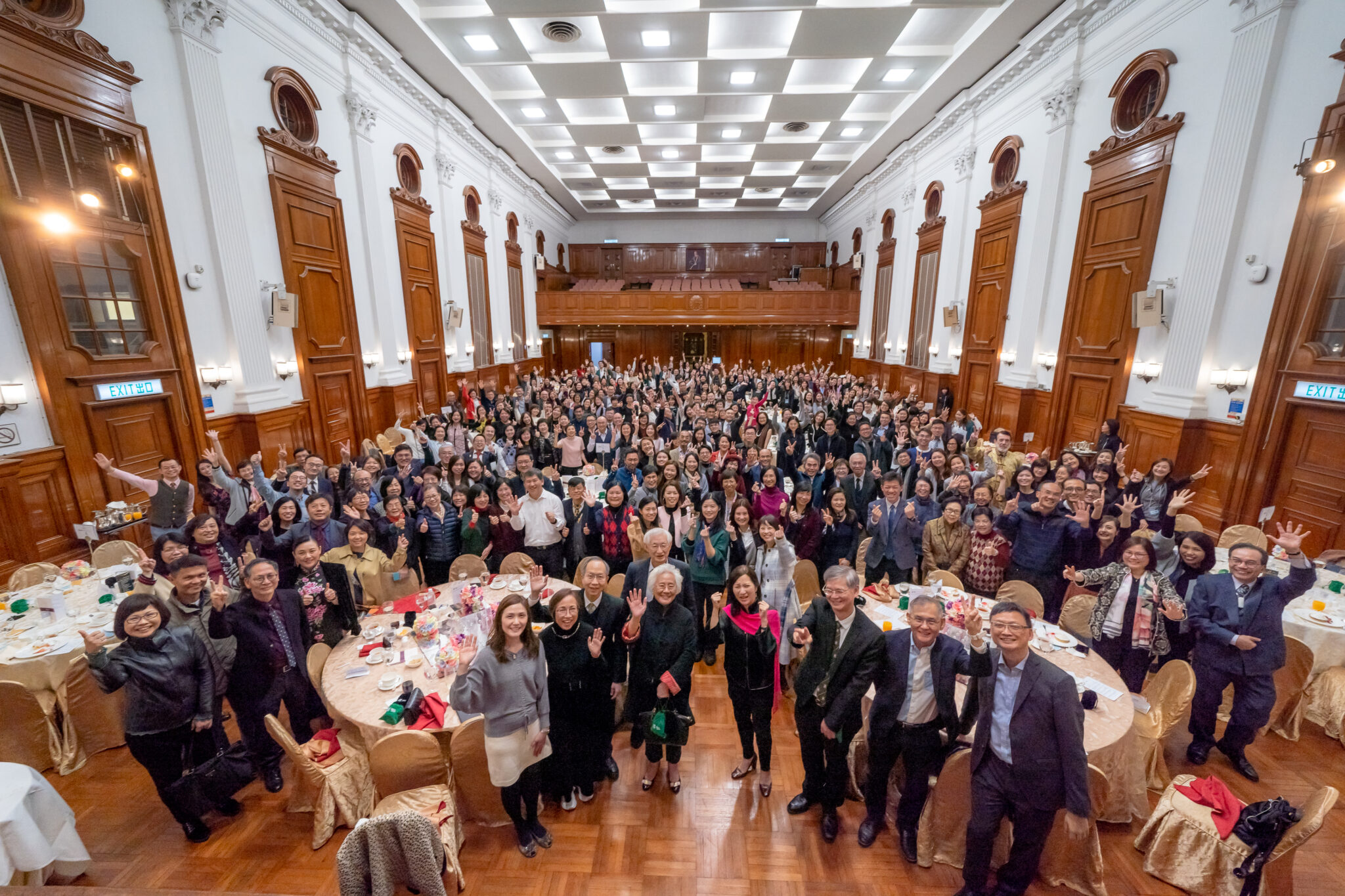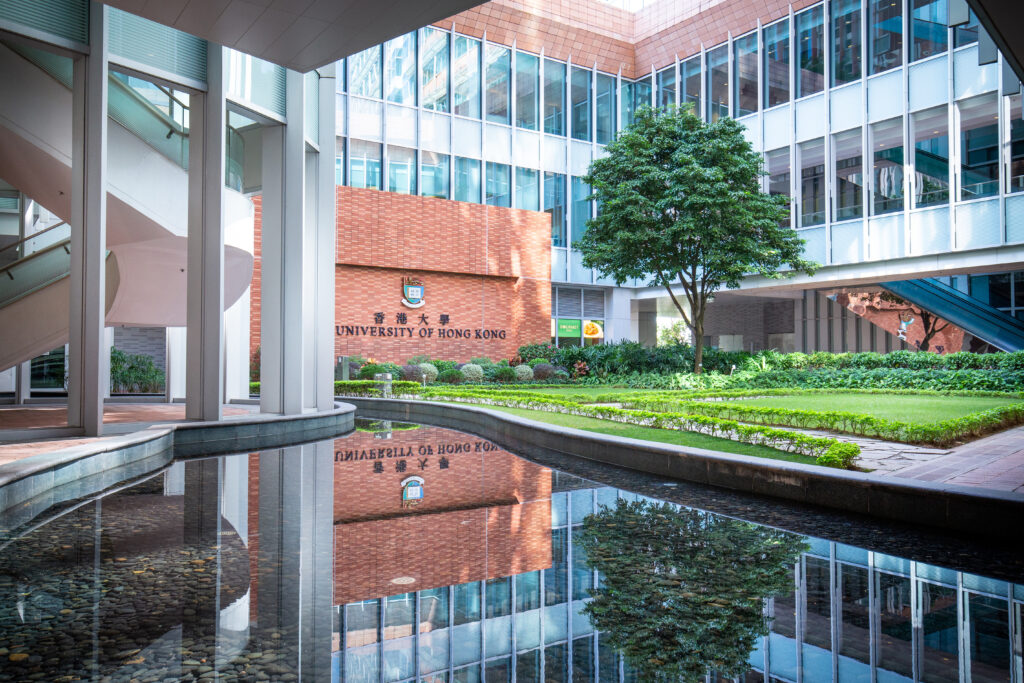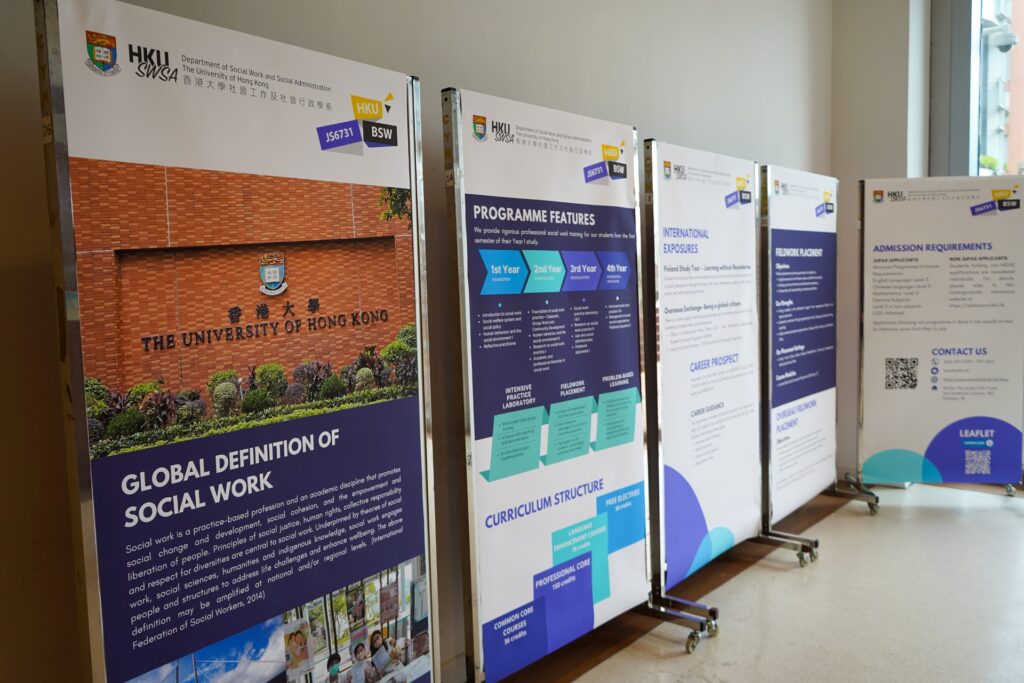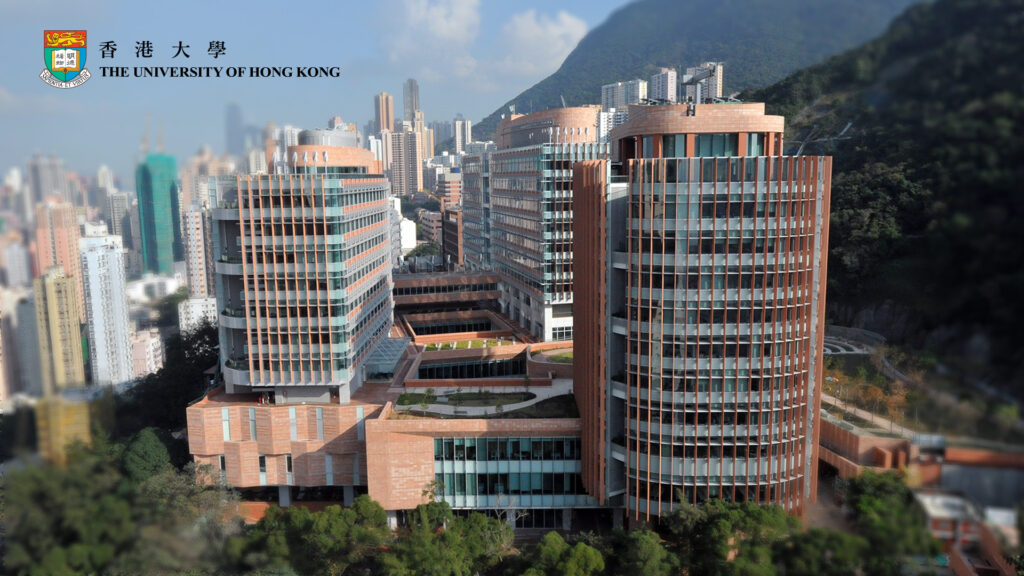School-based, universal social and emotional learning (SEL) has been widely practiced and promoted as a promising approach to prevent youth mental, emotional, and behavioral problems. Although prior research has accumulated robust evidence of the average effects of universal SEL, it remains unclear whether it works similarly or differentially across diverse sociocultural subgroups of students. Investigating subgroup effects has implications for understanding the impact of universal SEL on possible subgroup disparities in student social-emotional competence (SEC). This study examined whether the effects of a universal SEL program on student SEC development differed across diverse student subgroups classified by gender, race, ethnicity, socioeconomic status, disability status, and English learner status. Data came from student SEC progress monitoring collected during a 1-year quasi-experimental study of a universal SEL program (N?=?1592; Grades K?2). The results of multigroup latent growth modeling suggest that (a) the intervention effects were slightly larger for Black students, compared to White or other racial-ethnic subgroups, and (b) the effects were not different across other examined subgroups. This study also found that in the comparison condition, the SEC disparities between Black and White students tended to widen throughout the year, whereas in the intervention condition, Black students showed a similar rate of growth as their White peers. Findings suggest that universal SEL may be similarly beneficial across many diverse student subgroups, while it may yield larger benefits among some racially marginalized subgroups, preventing racial disparities from further widening. Yet the benefits of SEL may not be sufficient to reduce existing subgroup disparities. These findings suggest a need for more studies to examine differential effects of universal preventive programs by diverse subgroups to better inform practices that enhance equity in youth outcomes.
Congratulations to Prof. LOU W.Q. Vivian on being recognized among the Healthy Ageing 50 Leaders by the UN Decade of Healthy Ageing (2021?2030). The Healthy Ageing 50 highlights people from every region and sector?government, civil society, academia, and business?whose work is measurably improving the lives, rights, and well-being of older people and advancing the Decade?s priorities: combating ageism, fostering age-friendly environments, and expanding access to integrated and long-term care. Honourees are profiled on the Decade platform to showcase approaches with proven impact and potential to scale, and to catalyse collaboration across countries and disciplines?reflecting Dr. LOU?s leadership in ageing and longevity.
Learn more: https://www.decadeofhealthyageing.org/topics-initiatives/other-initiatives/healthy-ageing-50#anchor_two
Prof. LAW Y.W. Frances was admitted as a Fellow of the Academy by the Hong Kong Academy of Social Work. The Fellowship is a senior professional honour that recognizes social work leaders with sustained, exemplary contributions to the profession and the community. Fellows are peer?acknowledged for their professional excellence and leadership, ethical standing, impact on practice and policy, scholarship and education, and dedicated service. As a Fellow, Prof. Law is part of a community expected to set standards for the field, champion continuing professional development, mentor the next generation, and help advance the Academy?s mission to strengthen social work quality and public trust in Hong Kong. This recognition affirms her leadership and broad impact across research, practice, and community engagement.
Learn more: https://academy.hkswa.org.hk/zh-HK/membership/information/fellow/





